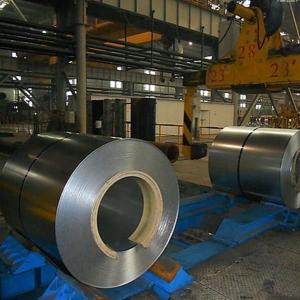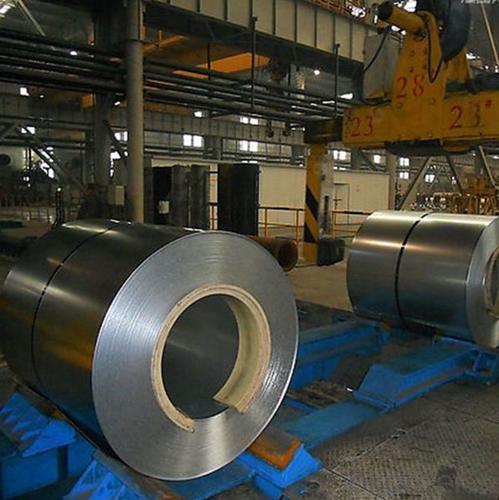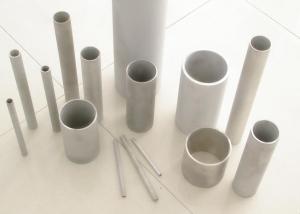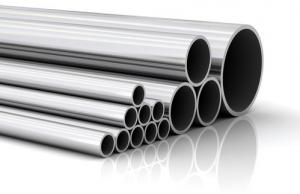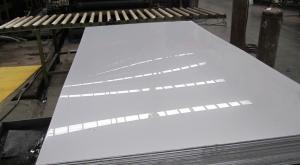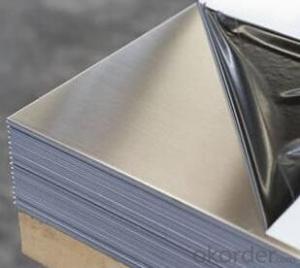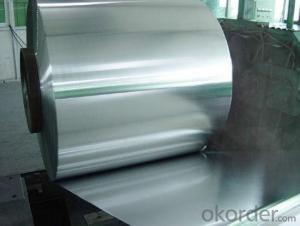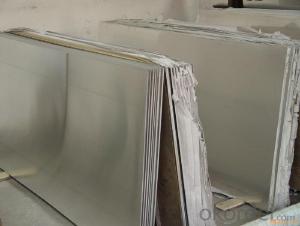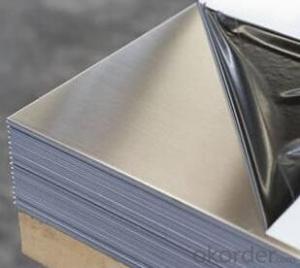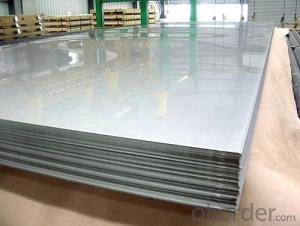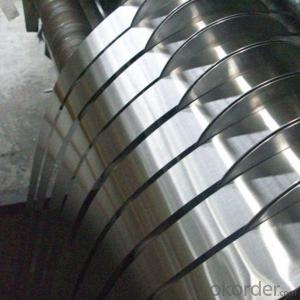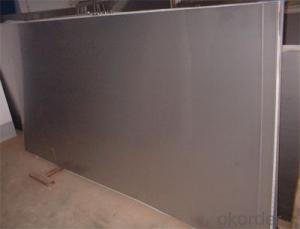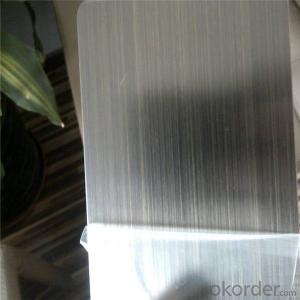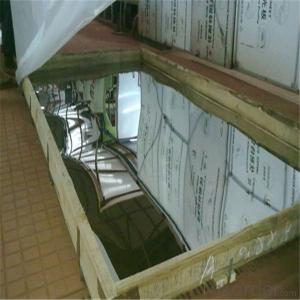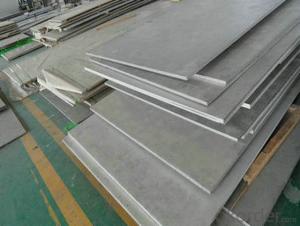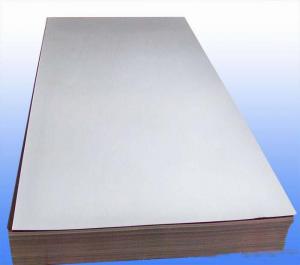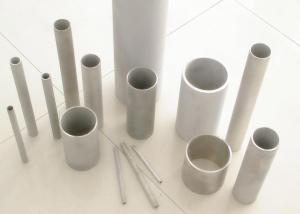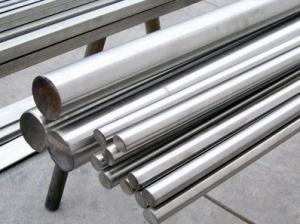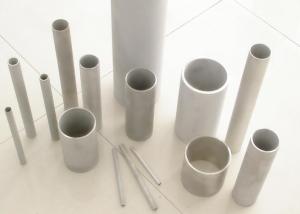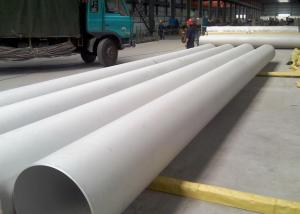Color Stainless Steel 201 304 316 Color PVD Decorative Stainless Steel Sheets
- Loading Port:
- Shekou
- Payment Terms:
- TT OR LC
- Min Order Qty:
- 20 m.t.
- Supply Capability:
- 20000 m.t./month
OKorder Service Pledge
OKorder Financial Service
You Might Also Like
Specification
Products Description for Stainless Steel Coils/Sheets:
Product | stainless steel coils/plates/sheets | ||
Discharge Port | Any Port, China | ||
Size | Coils | Cold Rolled: | Thickness0.3-8mm,Width:280-2100mm |
Hot Rolled : | Thickness3-14mm,Width:650-2100mm | ||
Plates | Thickness2-80mm,Width:1500-3000mm | ||
Coil Weight | About 20 Tons | ||
Grade | 201,202,304/304L/304H,316/316L/316H,321/H,310S,409/L,430 etc. | ||
Technique | Hot Rolled/Cold Rolled | ||
Finish | 2B, BA, 2D, No1, No2, No4,NO.8,SB etc | ||
Edge | Mill Edge / Slitting Edge | ||
Package | In bundles, or as customer's requirement | ||
Place of Origin | Made in China | ||
MOQ | 20 Tons | ||
Technical notes:
Surface Finish | Definition | Application |
2B | Those finished, after cold rolling, by heat treatment, pickling or other equivalent treatment and lastly by cold rolling to given appropriate luster. | Medical equipment, Food industry, Construction material, Kitchen utensils. |
BA | Those processed with bright heat treatment after cold rolling. | Kitchen utensils, Electric equipment, Building construction. |
NO.3 | Those finished by polishing with No.100 to No.120 abrasives specified in JIS R6001. | Kitchen utensils, Building construction. |
NO.4 | Those finished by polishing with No.150 to No.180 abrasives specified in JIS R6001. | Kitchen utensils, Building construction, Medical equipment. |
HL | Those finished polishing so as to give continuous polishing streaks by using abrasive of suitable grain size. | Building Construction. |
Packaging & Delivery for Stainless Steel Coils/Sheets:
Packaging Detail | Standard export packing or following customer's demand |
Delivery Time | Within 30-40 days after deposit or according to the order quantity |
Detail picture for Stainless Steel Coils/Sheets
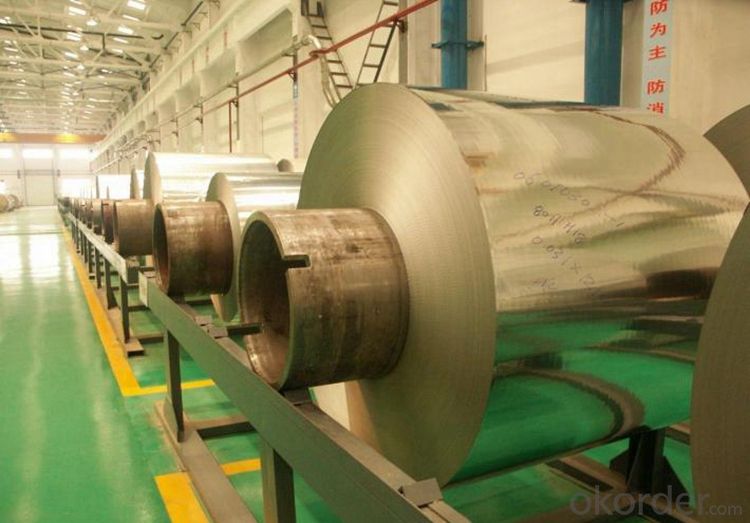
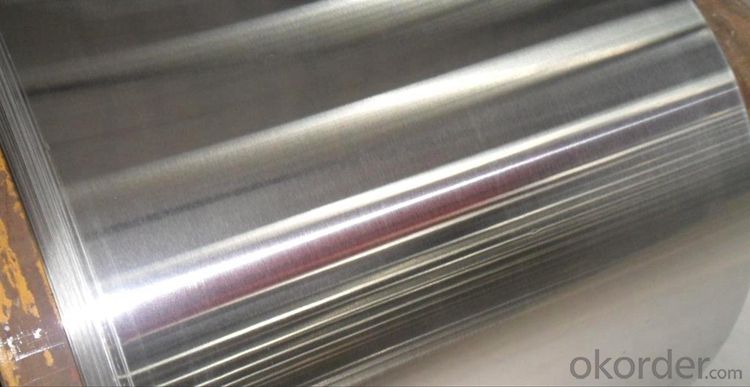
Application for Stainless Steel Coils/Sheets:
Boiler heat exchanger, machinery andpetroleum ,chemical industries, hardware fields,Food industry,construction material,kitchen utensils, building construction, medical equipment,chemical tank, pipe etc
Payment&Delivery for Stainless Steel Coils/Sheets:
Payment Terms | 100% LC at sight,or 30%TT in advance, balance against B/L copy |
Delivery Time | With 30-40 days after deposit |
Price Terms | Ex-Work, FOB, CNF, CFR, CIF,etc |
FAQ for Stainless Steel Coils/Sheets:
Q:What are the advantages of your company ?
A: We have many professionals, technical personnel, more competitive prices and best after-dales service than other stainless steel companies.
Q:Can you arrange the shipment ?
A: Sure we can help you with the shipment. We have forwarders who have cooperated with us for many years.
- Q: How do you clean and maintain stainless steel sheets?
- To clean and maintain stainless steel sheets, you'll need a few basic supplies: a microfiber cloth or soft sponge, mild dish soap or stainless steel cleaner, warm water, and a towel for drying. Start by rinsing the stainless steel sheet with warm water to remove any loose dirt or grime. Then, apply a small amount of mild dish soap onto the microfiber cloth or sponge and gently scrub the surface of the stainless steel sheet. Avoid using abrasive materials or harsh chemicals as they can scratch or damage the stainless steel. After cleaning, rinse the sheet thoroughly with warm water to remove any soap residue. To prevent water spots, wipe the surface dry with a clean towel. Make sure to always dry the stainless steel sheet after cleaning to prevent water spots or streaks. If there are stubborn stains or fingerprints that won't come off with soap and water, you can use a stainless steel cleaner specifically designed for this purpose. Follow the instructions on the cleaner and use a soft cloth to apply it to the sheet. Wipe in the direction of the grain to avoid scratching the surface. Rinse thoroughly and dry as mentioned earlier. To maintain the shine and luster of stainless steel sheets, it's important to avoid using abrasive cleaners, scouring pads, or steel wool, as they can damage the surface. Also, be careful not to use cleaners containing bleach or chlorine as they can cause discoloration. Regularly cleaning the stainless steel sheets is essential to prevent buildup of dirt, grease, or other contaminants that can lead to corrosion. A weekly cleaning routine should suffice for most applications, but you may need to clean more frequently in high-traffic or heavily used areas. In summary, cleaning and maintaining stainless steel sheets involves gentle scrubbing with mild dish soap or stainless steel cleaner, rinsing with warm water, and thorough drying. By following these steps and avoiding abrasive materials, your stainless steel sheets will stay clean, shiny, and looking their best for years to come.
- Q: Are stainless steel sheets suitable for automotive applications?
- Yes, stainless steel sheets are suitable for automotive applications. Stainless steel is known for its durability, strength, and corrosion resistance, making it an ideal material for various automotive components. It is commonly used for body panels, exhaust systems, trim, and other parts that require resistance to weathering, heat, and chemical exposure. Stainless steel sheets offer excellent aesthetic appeal, as they can be polished to a mirror-like finish or brushed to create a sleek and modern appearance. Additionally, stainless steel is easily formable, allowing for the creation of complex shapes and designs required in automotive manufacturing. Overall, stainless steel sheets provide the necessary properties and versatility to meet the demanding requirements of automotive applications.
- Q: Can stainless steel sheets be used for food packaging?
- Yes, stainless steel sheets can be used for food packaging. Stainless steel is a popular choice for food packaging due to its numerous advantages. It is a durable and strong material that provides excellent protection for food products. Stainless steel is also resistant to corrosion, making it safe for direct contact with food. Additionally, stainless steel is easy to clean and maintain, ensuring proper hygiene standards are met. Furthermore, stainless steel sheets can be easily shaped and formed into various packaging designs, allowing for versatility in packaging solutions. Overall, stainless steel sheets are a reliable and safe choice for food packaging applications.
- Q: What specifications do stainless steel plates have?
- This is not specified. Do you want to make 201 or 304?. You can measure the size of the bag you want. Double fold (usually 10MM), such as length, width, and thickness of the package. Go and ask someone to do it for you. If fitted, use a glass or spot weld.
- Q: How do you bend stainless steel sheets?
- Bending stainless steel sheets typically requires the use of specialized equipment such as a press brake or roller. The sheet is clamped between the tooling and then gradually bent to the desired shape. The process requires precise calculations, proper tooling, and adequate knowledge of the material's properties to avoid any damage or deformation.
- Q: What is the cost of stainless steel sheets?
- The price of stainless steel sheets may differ based on various factors including the thickness, size, and grade of stainless steel employed. Typically, stainless steel sheets are priced per square foot or square meter. The price range can further be influenced by the supplier, location, and market conditions. Moreover, any additional processing or finishing requirements like polishing or cutting can impact the overall cost. To obtain precise and current pricing details for stainless steel sheets, it is advisable to reach out to a local supplier or distributor.
- Q: Are stainless steel sheets available in different patterns?
- Yes, stainless steel sheets are available in different patterns.
- Q: How do you install stainless steel sheets?
- To install stainless steel sheets, you will need a few basic tools and follow these steps: 1. Measure and prepare: Start by measuring the area where you want to install the stainless steel sheets. Ensure that the surface is clean, dry, and free from any dust or debris. If needed, sand down any rough spots or imperfections on the surface. 2. Cut the sheets: Using a metal cutting tool like a circular saw or a jigsaw with a metal cutting blade, cut the stainless steel sheets to the desired size and shape. Make sure to wear safety goggles and gloves while cutting to protect yourself. 3. Apply adhesive: Apply a high-strength construction adhesive to the backside of the stainless steel sheet. Make sure to apply the adhesive evenly, leaving no gaps or air pockets. You can also use a notched trowel to spread the adhesive for better coverage. 4. Position and secure: Carefully place the stainless steel sheet onto the prepared surface, making sure to align it properly. Apply gentle and even pressure to ensure the sheet adheres to the surface. You can use a roller or a clean cloth to press the sheet firmly onto the surface. 5. Secure with screws: If necessary, use stainless steel screws to secure the sheet further. Place the screws along the edges and corners, ensuring they are evenly spaced. Make sure not to overtighten the screws to avoid damaging the sheet. 6. Trim and finish: If any excess stainless steel sheet is hanging over the edges, use a metal cutting tool to trim it down to the desired size. Once trimmed, smooth out any rough edges using a file or sandpaper. You can also use a stainless steel cleaner to remove any smudges or fingerprints and give it a polished finish. Remember to always follow the manufacturer's instructions for the specific stainless steel sheets you are using, as installation methods may vary slightly. Additionally, it is recommended to seek professional assistance if you are unsure or not comfortable with the installation process.
- Q: What is the impact strength of stainless steel sheets?
- The impact strength of stainless steel sheets can vary depending on several factors, such as the grade and thickness of the stainless steel, as well as the specific conditions under which the impact occurs. Generally, stainless steel has a good level of impact strength due to its inherent properties, including its high tensile strength and ductility. Stainless steel is known for its ability to withstand impacts and resist deformation, making it a preferred material in various industries where durability is crucial. It exhibits excellent resistance to impact loading, which means it can withstand sudden impact forces without fracturing or breaking. This makes stainless steel sheets suitable for applications that require high impact resistance, such as structural components, automotive parts, and machinery. However, it is important to note that different grades of stainless steel have varying impact strengths. Some grades, such as austenitic stainless steels (e.g., 304 and 316), have excellent impact resistance due to their high nickel and chromium content. On the other hand, ferritic and martensitic stainless steels may have slightly lower impact strengths. In addition to grade, the thickness of the stainless steel sheet also plays a role in determining its impact strength. Thicker sheets generally have higher impact resistance compared to thinner ones, as they can absorb more energy before yielding or fracturing. It is worth mentioning that the impact strength of stainless steel can be further enhanced through various methods, including heat treatment and alloying. These processes can improve the material's toughness and resistance to impact loading. Overall, stainless steel sheets have a good impact strength that is suitable for many applications. However, it is recommended to consult the specific grade and thickness specifications, as well as any industry standards or regulations, to determine the exact impact strength requirements for a particular application.
- Q: Can stainless steel sheets be used for food packaging or containers?
- Yes, stainless steel sheets can be used for food packaging or containers. Stainless steel is a safe and hygienic material that is resistant to corrosion, heat, and chemical reactions, making it ideal for storing and transporting food items. Additionally, its durability and easy cleaning properties make it suitable for repeated use in the food industry.
Send your message to us
Color Stainless Steel 201 304 316 Color PVD Decorative Stainless Steel Sheets
- Loading Port:
- Shekou
- Payment Terms:
- TT OR LC
- Min Order Qty:
- 20 m.t.
- Supply Capability:
- 20000 m.t./month
OKorder Service Pledge
OKorder Financial Service
Similar products
Hot products
Hot Searches
Related keywords
